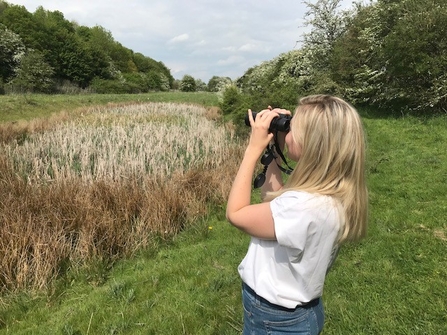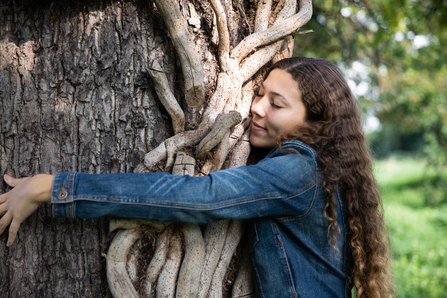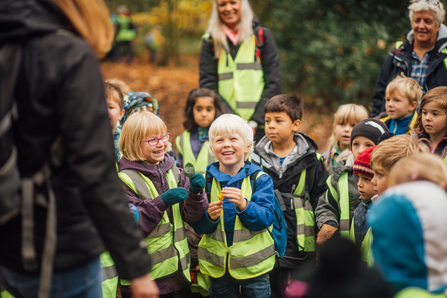Today we’re celebrating as a new school subject is announced – a natural history GCSE – one which will enrich our lives and help us tackle the biggest issue of the day: the nature and climate crisis. The worsening of these interlinked emergencies is entirely avoidable – and education has a major role to play in this.
Earlier this month, in response to the Independent Panel on Climate Change 'Mitigation of Climate Change' report, Secretary General of the United Nations, Antonio Guterres, said that “we are on a fast track to climate disaster; with extinction of a million species and warming of double the 1.5C goal.” The science is clear: we have to do things differently – and fast.
To do this, we must shape new leaders who understand that thriving eco-systems are central to our prosperity and the survival of the planet. But how do we foster a new generation of decision makers that will pioneer a better future?




